
Mandatory payrolling of benefits delayed
HMRC has confirmed that the mandatory payrolling of benefits in kind (BIKs) will be delayed to April 2027, giving businesses more time to get to grips with the process. Previously planned for April 2026, the change will require businesses to report and process income tax and Class 1A national insurance

Class 2 National Insurance calculation error
From the 2024-25 tax year, self-employed individuals with profits in excess of £6,725 no longer need to pay Class 2 national insurance contributions (NIC). Instead those taxpayers will receive a national insurance credit to secure their access to contributory benefits such as the state pension. Several of the professional bodies

Multi-agent access for MTD IT
Making Tax Digital for Income Tax (MTD IT) is fast approaching, with the mandation date for sole traders and landlords with qualifying income of £50,000 and above set firmly at 6.4.26. In addition to the annual tax return, those mandated to comply with the MTD IT requirements will need to

Check Employment Status for Tax tool
The Check Employment Status for Tax (CEST) tool allows contractors and other individuals providing services – or businesses engaging workers to perform services for them – to determine whether the work should be treated as employment or self-employment for tax purposes. The responsibility for determining the employment status will fall

Guidance for non-doms
With effect from 6.4.25 the preferential tax treatment enjoyed by UK resident individuals whose permanent home is outside the UK (‘non-doms’) has been withdrawn. Before this date, non-doms could benefit from the remittance basis of taxation for up to fifteen years, essentially exempting their offshore income and gains from UK

Small employers’ relief
Small employers can usually recover 100% of most of the statutory payments they make to employees plus compensation from HMRC. If your business qualifies for small employers’ relief you can claim 103% of almost all statutory payments made to employees until 5.4.25. From 6.4.25 this was increased to 108.5% in

Childcare costs – don’t miss out!
Tax-free childcare Many working families will now be arranging childcare for the school summer holidays and the start and end of the school day from September. The Government’s tax-free childcare scheme could provide up to £2,000 a year per child, or £4,000 if the child is disabled, towards the cost

Salaried members of LLPs
The salaried members rules are an anti-avoidance measure designed to prevent limited liability partnerships (LLPs) from disguising remuneration paid to members as profit share instead of employment income. If the rules are triggered, the member’s earnings are subject to PAYE and national insurance as though they were an employee. A
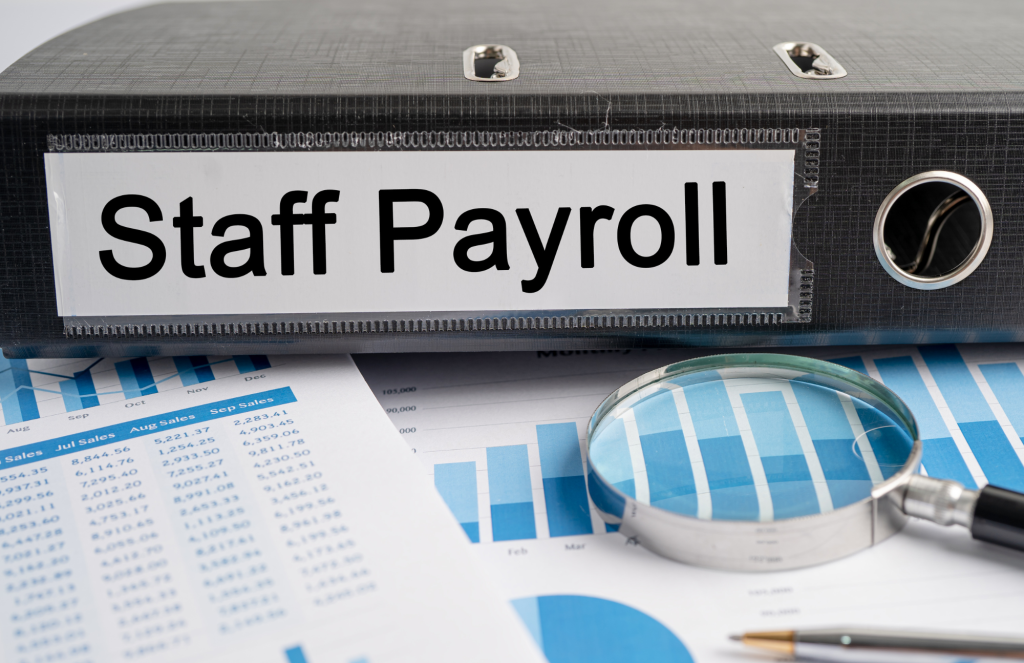
IR35: small company exemption
Changes to the company size thresholds from April 2025 will also apply for the purposes of the off-payroll working (OPW) rules The primary aim of the changes to the company size thresholds was to simplify regulatory requirements and alleviate the administrative burden for smaller businesses. HMRC has now confirmed that

High-income child benefit charge via PAYE
From August 2025 employed taxpayers will no longer be required to complete a self assessment tax return (SATR) to declare and pay the high-income child benefit charge (HICBC) The HICBC is a tax charge paid by the higher earning parent which claws back up to 100% of the child benefit

Self Assessment and student loan repayment
From April 2026 most benefits in kind (BIKs) will have to be processed through the payroll and included on monthly payslips, with a potential knock-on effect for student loan repayments The mandatory payrolling of BIKs will be implemented in phases, starting from April 2026. The earnings threshold above which student

R&D relief for subcontractors
HMRC has updated its guidance to clarify the treatment of subcontracted research and development (R&D) expenditure under the SME scheme When R&D work undertaken by a subcontractor is subsidised, tax relief is not available to the subcontractor under the SME R&D scheme. Following two recent taxpayer wins at the First-tier

HMRC to close online filing service
HMRC has announced that it will close the online service for filing company accounts and corporation tax returns on 31 March 2026 Companies with an accounting period ending after 31 March 2025 will no longer be able to use HMRC’s free online service (unless they file before 1 April 2026)

Making Tax Digital – time to prepare!
In just over a year the first tranche of sole traders and landlords will be required by law to keep digital records to comply with the requirements of Making Tax Digital for Income Tax (MTD IT) From April 2026, taxpayers with qualifying trading and property income of £50,000 or more

Side-hustle reporting threshold increased
The Government has announced plans to increase the threshold above which income from self-employment must be reported via self-assessment. Currently, if you earn over £1,000 from self-employment, or a so-called ‘side hustle’ such as babysitting or dog walking, you need to report this income to HMRC by filing a self

Salary vs dividends: NIC changes
With changes to employer’s National Insurance and the Employment Allowance, now is the time for businesses to review the most tax efficient mix of salary and dividends for directors. From 6 April 2025 the secondary Class 1 National Insurance threshold reduces from £9,100 to £5,000. At the same time the

Making tax digital threshold reduced to £20,000
Many more sole traders and landlords will be required to comply with making tax digital (MTD) for income tax when the qualifying income threshold is reduced from £30,000 to £20,000. The Budget confirmed that taxpayers with qualifying income of £50,000 or more will be required to join MTD in April

EIS and VCT sunset clause extended
The sunset clause which was set to end the Enterprise Investment Scheme (EIS) and Venture Capital Trust (VCT) scheme on 5 April 2025 has been extended for a further ten years. The schemes, which offer tax relief for individuals investing in qualifying small and medium-sized companies including start-ups, will now

Festive period RTI easement
It is common for some employers to pay their workers earlier than usual in December, for example if the business will be closed during the festive period. While this may make sense for the business, being paid early can have an unwanted impact on an employee’s current and future entitlements

National minimum wage and salary sacrifice
As announced in the Autumn Budget, the national minimum wage (NMW) and the national living wage (NLW) are set to increase from April 2025. The hourly rate will depend on the worker’s age and whether they are an apprentice. Age of worker Hourly rate from 1 April 2025 Hourly rate

CGT anti-forestalling rules
The changes to capital gains tax (CGT) announced in the Autumn Budget are subject to anti-forestalling rules designed to prevent taxpayers from circumventing the new rates and rules. In the Autumn Budget the Chancellor announced an immediate increase to the main rates of capital gains tax (CGT). From 30.10.24, ‘Budget

Evidence needed to claim employment expenses
HMRC has tightened up the process for claiming tax deductible employment expenses following a series of high-profile scandals. If you incur job-related expenses of up to £2,500 which are not fully reimbursed by your employer you may be able to claim tax relief. For expenses to be eligible for relief

Mind the NIC gap!
When was the last time you checked your national insurance (NI) record for unexpected gaps or viewed your state pension forecast? Missing qualifying years in your NI record, or ‘gaps’, can reduce the amount of contributory benefits you are entitled to. This includes maternity pay, employment allowance, the state pension

Pensions to lose IHT exemption
At the Autumn Budget the Chancellor announced plans to remove the exemption which allows unused pension funds to be inherited tax free. Currently, if a pension holder dies before the age of 75 their beneficiaries can generally inherit the remaining funds tax-free, whether as a lump sum or as income.

Student loans and basis period reform
New guidance from HMRC confirms that profits used to assess student loan repayments and entitlement to student finance will include transitional profits from basis period reform. Student loan repayments for self-employed taxpayers are based on the profits reported in each tax year. For the tax years 2023-24 to 2027-28 this

Crypto investors urged to declare gains
HMRC has reminded investors in cryptoassets that they should declare any income or gains above the tax-free allowance on a tax return. If you hold cryptoassets such as Bitcoin you need to pay tax on any income or gains you have made. Most individuals investing in cryptoassets will be subject

Mandatory payrolling of benefits
The reporting and paying of income tax and Class 1A national insurance contributions on benefits in kind is to be made mandatory via payroll software from April 2026. Most employers who have not entered into a PAYE settlement agreement currently report benefits in kind (BIKs) provided to employees on the

Making Tax Digital: quarterly update returns
HMRC has confirmed the mandation dates for making tax digital for income tax self assessment (MTD SA) as announced in the Autumn Statement 2023. From April 2026, taxpayers subject to income tax on their trade, profession, property income or business and who have income above £50,000 will be required to
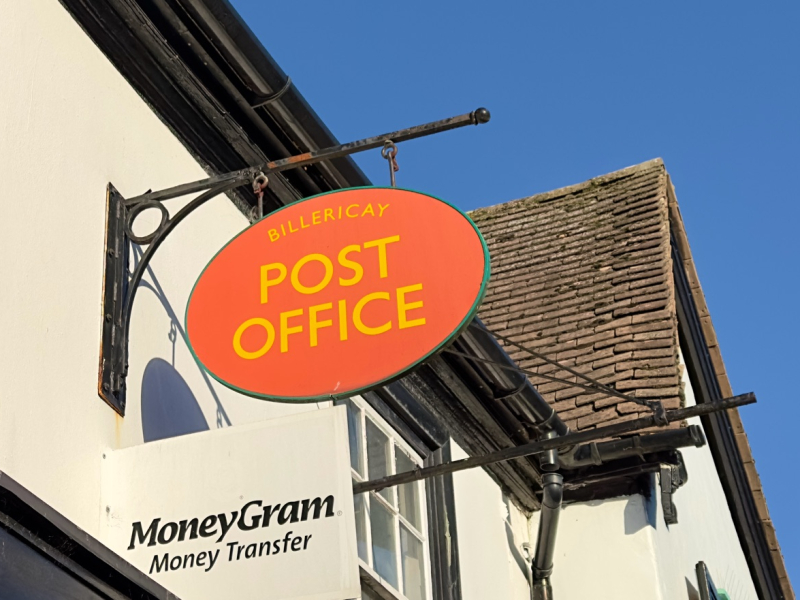
Subpostmasters’ compensation
There are currently three forms of compensation being awarded to subpostmasters following the Horizon scandal and each will have different tax implications. Money paid to subpostmasters under the Group Litigation Order (GLO) and overturned convictions schemes is not taxable. These payments are awarded in recognition of the unfair and unequal

Advisory fuel rates
HMRC has updated the recommended reimbursement rates for employees reclaiming business travel in company vehicles. If you pay for the fuel in your company car your employer can reimburse you for the cost of business journeys in that car at the following mileage rates tax free from 1 March 2024:

RTI reporting changes delayed
HMRC has delayed planned changes to real-time information (RTI) reporting requirements for employee hours worked. Draft legislation was published in May aimed at improving the range of data collected by HMRC. The proposed changes will require businesses to provide more detailed information to HMRC via self assessment (SA) and PAYE

Furnished Holiday Lettings regime abolished
HMRC has published draft legislation explaining how the abolition of the special tax rules for furnished holiday lettings (FHLs) will work. From 6 April 2025 for sole traders and partnerships, or 1 April 2025 for companies, properties currently classed as FHLs will no longer benefit from tax reliefs not available

Making Tax Digital: jointly-owned property
From April 2026, sole traders and landlords with qualifying income over £50,000 will have to comply with the Making Tax Digital (MTD) for Income Tax requirements. Quarterly updates Mandated taxpayers will need to use third party MTD-compliant software to keep digital records and file quarterly summaries of their income and
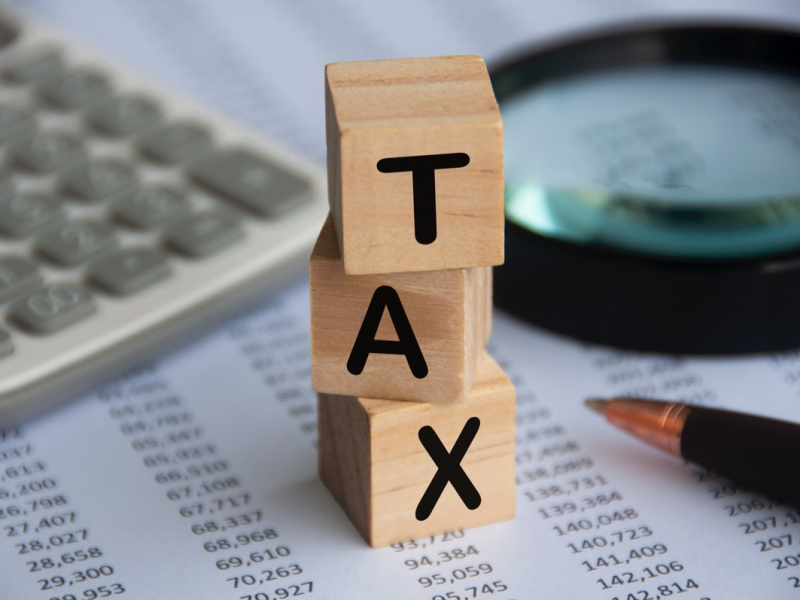
Corporation Tax small profits rate
Certain types of company are not eligible to apply the small profits rate for corporation tax, regardless of their profit levels. On 1 April 2023, the main Corporation Tax (CT) rate was increased from 19% to 25%. A small profits rate of 19% was introduced for companies with profits below £50,000
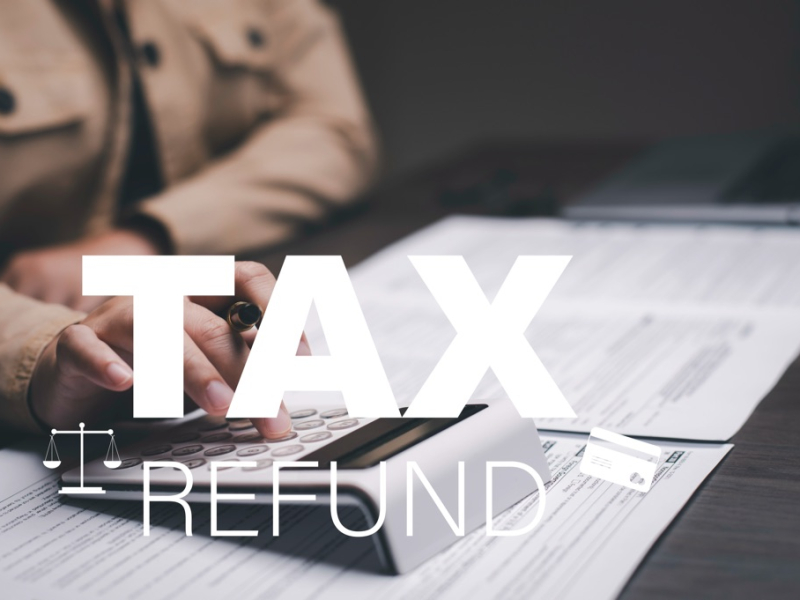
Tax refunds no longer automatic
HMRC is no longer automatically issuing cheques to refund PAYE overpayments. It is common for employed taxpayers to get to the end of the tax year and find that they have under- or over-paid income tax via PAYE. These discrepancies are calculated by HMRC at the end of the tax

Workplace nurseries
Providing a nursery can be a powerful way to attract and retain staff, with childcare costs in the UK among the highest in the world. Tax relief is available to employers providing workplace nurseries as long as certain criteria are met. These requirements are strict; many childcare provision schemes fall

Changes to bereavement forms
HMRC has completed a long-overdue overhaul of the forms and associated guidance used to report chargeable events on which inheritance tax (IHT) is due on a trust. Previously, if you needed to report IHT due on gifts or trusts you had to complete the ‘one-size-fits-all’ form IHT100 and submit this
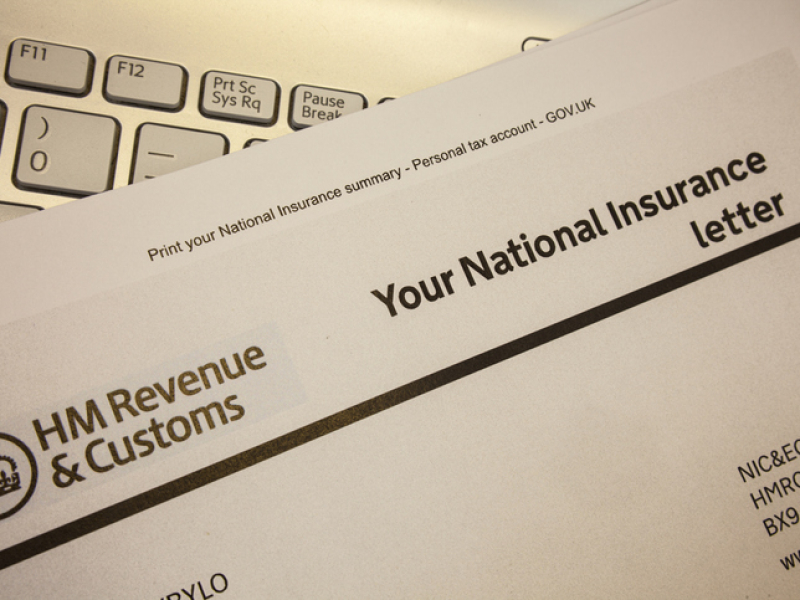
Employer’s national insurance increased
The Chancellor has announced that the main rate of secondary Class 1 national insurance contributions (NIC) for employers will increase by 1.2 percentage points from 13.8% to 15% from April 2025. The Class 1A and Class 1B employer rates (relating to benefits) will also increase in line with this. As

Capital gains tax on investment disposals
The rates of capital gains tax (CGT) payable on gains arising from assets other than residential property have been increased with immediate effect. Rates Those taxpayers who decided to accelerate planned investment disposals before the Budget in anticipation of the predicted CGT hike will be pleased with their decision.

Bad news for hybrid vehicles
Showing renewed commitment to promoting electric vehicles over petrol, diesel and hybrid models, the Government has extended the 100% first year allowance for zero-emission cars. Businesses and individuals can continue to deduct the full cost of zero-emission vehicles and electric vehicle charge-points from their taxable profits until 31 March 2026

Another handbrake turn on double cab pick-ups
Reversing the previous Government’s u-turn on the tax treatment of double cab pick-ups, they will revert to being treated as cars for certain taxation purposes from April 2025. If you purchase a double cab pick-up with a payload of one tonne or more before 1 April 2025 for corporation tax,

Inheritance tax reform
The Chancellor has extended the current freeze on inheritance tax (IHT) thresholds until 2030 and announced changes to the treatment of inherited pensions and other IHT reliefs. The nil-rate band (NRB) is the amount of any estate that can be inherited tax free. It has remained at £325,000 since April

SDLT: Higher Rate for Additional Dwellings increased
The stamp duty land tax (SDLT) surcharge levied on purchases of second and subsequent homes has been increased from 3% to 5% with immediate effect The higher rate applies to purchases of second homes and buy-to-let residential properties. The change applies to purchases with an effective date on or after

VAT exemption removed from private schools
Private schools will need to register for VAT and charge output VAT on education and boarding services when the exemption that currently applies is removed from 1 January 2025. All education and boarding services provided by a private school or connected person will be subject to VAT at the standard

Non-doms regime abolished
As expected, the Chancellor has confirmed the abolition of the generous tax regime enjoyed by non-UK-domiciled individuals, or ‘non-doms’ Broadly, the current rules apply to a UK resident whose permanent home – or domicile – for tax purposes is outside the UK. These individuals do not pay UK tax on

Capital allowances for partnerships
HMRC has clarified the rules relating to capital allowances claims in mixed partnerships, confirming that all partners subject to corporation tax are eligible for enhanced capital allowances. Corporate taxpayers are entitled to certain accelerated capital allowances such as full-expensing and the super-deduction that are not available to individuals subject to

VAT on energy saving materials
The zero rate of VAT has been extended to include the installation of additional energy-saving materials (ESMs) from 1 February 2024. The installation of certain specified energy-saving materials (ESMs) in residential accommodation is zero rated for VAT. The more common ESMs include: controls for central heating; draught stripping; insulation; solar

Voluntary Class 2 NIC wrongly refunded
If you made voluntary Class 2 national insurance contributions (NIC) for the 2022-23 tax year, check whether this payment has been refunded in error by HMRC. Some self-employed taxpayers who made voluntary Class 2 payments by 31 January 2024 may have an unexpected gap in their national insurance (NI) record

New VAT compliance test for CIS
HMRC has issued guidance on various changes to the existing construction industry scheme (CIS) rules. If you are a sub-contractor, obtaining gross payment status (GPS) allows you to receive full payments from your customers without tax deducted. To achieve GPS you need to prove that you or your business: have

Reporting rules for digital platforms
From 1 January 2024 online platforms such as websites, online marketplaces and apps that allow individuals and businesses to sell items and services are required to collect and report seller information and income to HMRC. If you sell items through eBay, Etsy, Facebook or another online marketplace, or rent out



